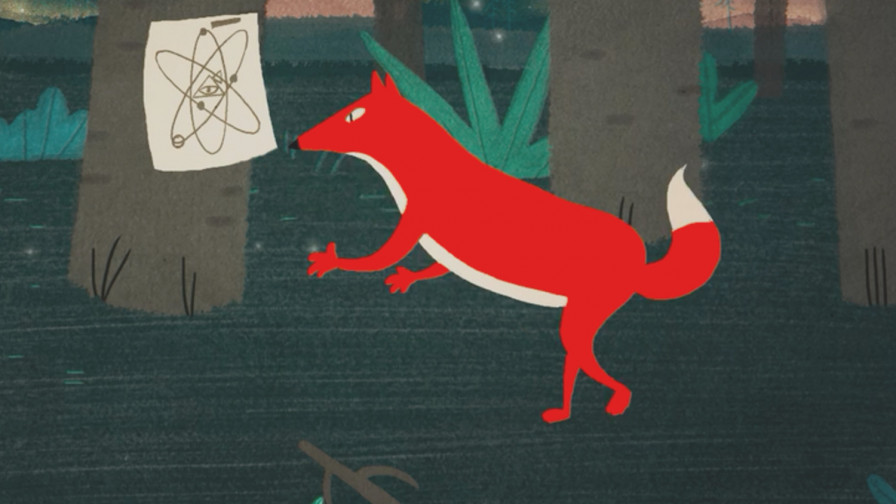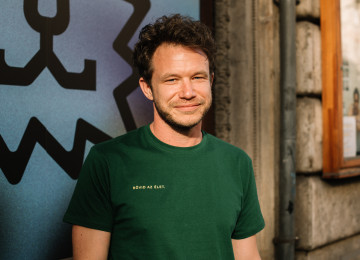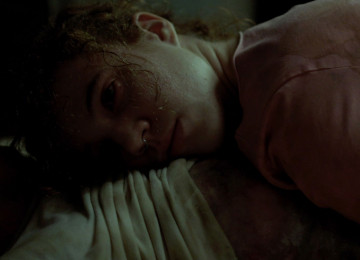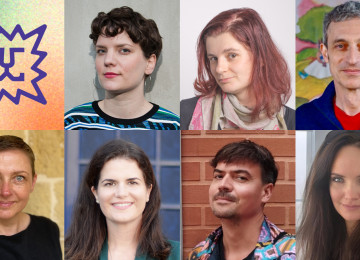In a former interview you described the role of a festival programmer as someone who “push boundaries and expose audiences to exciting new talent.” How would you describe the role of a festival jury? Is it any similar?
The role of festival programmer and festival juror are somewhat similar, in that we’re championing the films of exciting new talent. As a juror, we also play an important role simply by being present and connecting with filmmakers. I think for many, Sundance can seem like a faceless entity, but our programming team truly loves cinema and getting to know filmmakers and their work is integral. I’m very much looking forward to the Friss Hús program.
Is there a specific element (visual accomplishments, acting, editing, etc.) you’re going to pay attention to as a jury member or the overall experience is the most important for you in a film?
I wouldn’t say there’s one specific element I’m focused on when viewing films. I always try to experience the film as a whole and consider what the filmmaker is hoping to achieve.

Sundance Film Festival / photo: visitutah.com
What do you expect from the Hungarian competition of this year's Friss Hús?
Being part of a festival jury is such an honor. I always try to approach the selection without any particular expectations, but I’m excited to see what the competition has to offer.
Do you have a favorite Hungarian movie? (short and feature)
It’s difficult to pick a favorite, but two films that stand out for me are Kornél Mundruczó’s feature White God and Réka Bucsi’s short film Symphony No. 42. I’ve been a fan of Réka’s work for years, but wasn’t familiar with Mandruczó until I saw White God. I left the cinema emotionally obliterated, but was truly impressed by the level of cinematic storytelling.

Symphony no. 42
Referring back to the interview in 2011: you mentioned regarding the short film distribution that “The Internet has opened a whole new realm of possibility.” How do you see the current issues in the distribution of short films in the streaming era?
Distribution opportunities for short films have seen some ups and downs over the years. Streamers do provide tremendous opportunity for all, but many companies have shifted strategy post-pandemic with a renewed focus on revenue and at least in the US, short films are often less of a priority. As we know, all things are cyclical and that will change, but in the meantime, the role of festivals is even more important to ensure filmmakers find their audience.




